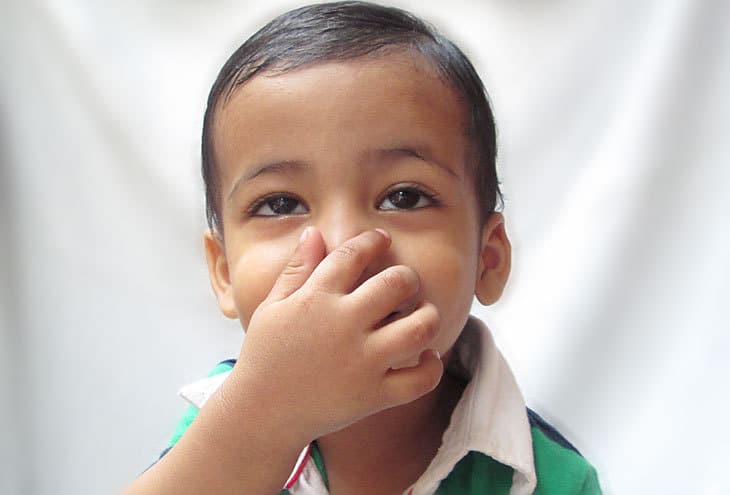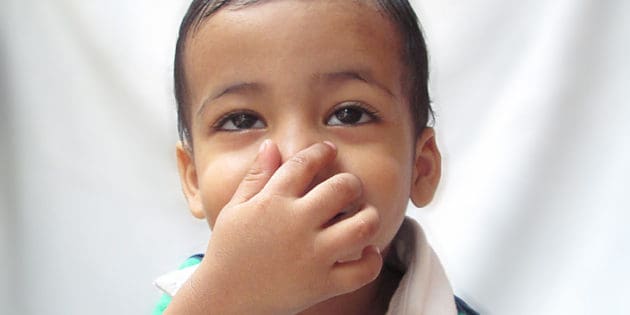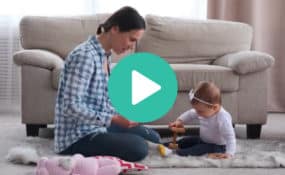Anyone who has raised or is in the process of raising a child fully understands the phrase “kids don’t come with a manual”. There are “phases” each child goes through. While raising three children, I have often thought, “It will be easier once we get out of this phase. ”A few months ago I realized phases may change, but that doesn’t mean they are easier, just different.

Kids grow and develop, but not in the same way or at the same time as other children. For example, my daughter said her first word at 12 months. Just like the text books say. My son did not say his first word until well past 16 months. We were worried.
My oldest daughter had a mouth full of teeth by 7 months. My youngest daughter did not cut her first tooth until she was nearly two. We were worried.
At every doctor appointment we raised our concerns and were told “everything is fine.” “Kids develop at different speeds”. We heard it over and over again. They have reached those milestones and done so “normally”.
I have worked in pediatric rehab for 15 plus years, yet I worried. I remember the countless times I told concerned parents “everything is fine.” They went on their way reassured, but still very unnerved.
Was I right about their child? I was at the time. A parent would ask me about their 13-month old child who wasn’t talking. They wanted to know if they should be worried. I said “no”. I expect the first word from 9 to 12 months. An absence of one simple word at 13 months is not a reason to rush into therapy.
It was likely that the child’s mother left feeling better, not thinking about her child’s speech through months 13, 14, or 15. If the child is still not talking at 16 months, she is now concerned and asks her doctor at the next appointment. Again, the doctor tells her, “Some kids are just late talkers. No child grows by the books.” This cycle continues until the child’s two year check up. The doctor is now concerned that the child is not talking. Mom has been worried since the child was 13 months old and is very upset about the waste of time.
Unfortunately, this happens a lot. I have given some of the same responses in the past. The frustrating part for everyone involved is that everyone was right. The doctor was right – kids do not develop at the same time and some are truly late talkers.
In the case of a little girl I am currently treating, her mother said every time she took her child to the doctor, she was told not to worry; each child develops at their own pace. This little girl was eventually diagnosed with autism.
Now mom is saying, “Everyone always told me not to worry. I wish I had known at the time that I needed to begin worrying.”
My wife has always said, “A mother knows.” She is right. A mother knows.
So my advice to parents is, if you are worried, take charge. You are the parent.
Your doctor should be able to supply you with information regarding child development at every stage of life. If not, contact a rehabilitation clinic. A speech-language pathologist will be happy to answer your questions.
I would suggest that every parent approach a healthcare professional with the statement “I am concerned about this” rather than, “should I be worried about this.” By asking in this manner, you are providing them with a directive to check your child, not asking for an opinion.
Take the lead in your child’s care. If you are concerned, speak up, ask questions and persist!
- When Your Child Isn’t Talking - September 26, 2016
- When Your Child Isn’t Talking - September 26, 2016
- When Your Child Isn’t Talking - September 26, 2016





